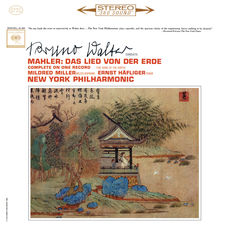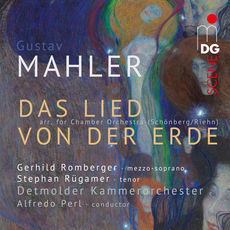At the turn of the 20th century, Vienna was undergoing a social and cultural change like it had never experienced before. The transition from late Romanticism to the modernism and avant-gardism that would go on to define the emerging 20th century (known as the "fin de siècle" era) not only brought about a change in traditional structures, but also a cultural and artistic transformation. Industrialisation and technical innovations led to a culture of travel in Europe and beyond, arousing a keen interest in distant lands and causing society to renew its outlook on the East. This fascination with the exotic reached all levels of society. This transformation, while giving rise to new ideas and cultural trends, also brought uncertainty, instability and even a kind of 'collective loneliness'. Gustav Mahler was totally enwrapped in this artistic, literary and musical trend that lay somewhere between farewell and new beginnings.
The end of the century in Vienna coincided with one of Mahler's most major creative periods. Born in 1860 in Kaliště, Bohemia, the composer grew up in Iglau, Moravia. His talent led him to move to the Austro-Hungarian capital at the age of 15 to study music, including the study of the piano and composition. Mahler left Vienna for several years to work as a conductor, notably in Hamburg and Budapest. He returned in 1897, appointed to the coveted post of musical director of the Vienna Opera—a minor scandal for the local public, which was increasingly affected by anti-Semitism and nationalism, given that Mahler had Jewish roots.
Mahler's cultural and national identity isn’t easy to pinpoint. A German-speaking Moravian of Jewish descent, he was now immersed in the crazy life of Vienna. As he famously put it, "I am three times homeless, a native of Bohemia in Austria, and Austrian among Germans and a Jew throughout the world."
Create a free account to keep reading










![Gustav Mahler: Das Lied von der Erde ('The Song of the Earth') [Live]](https://static.qobuz.com/images/covers/oa/qa/fabz3dvhqqaoa_230.jpg)
